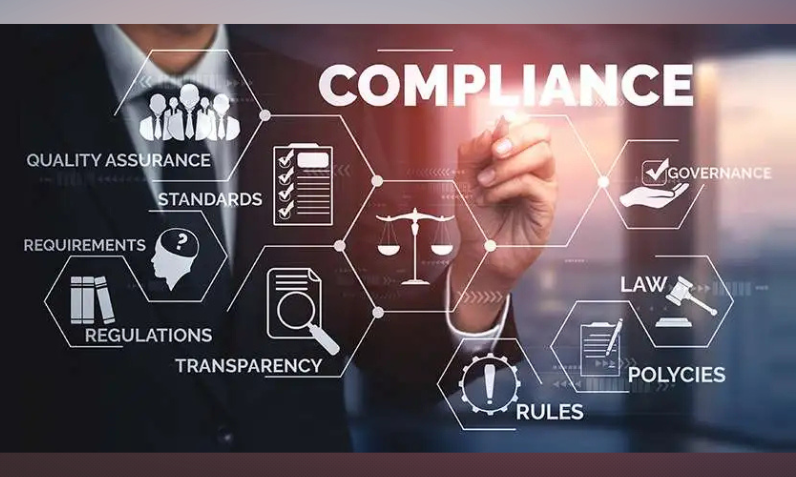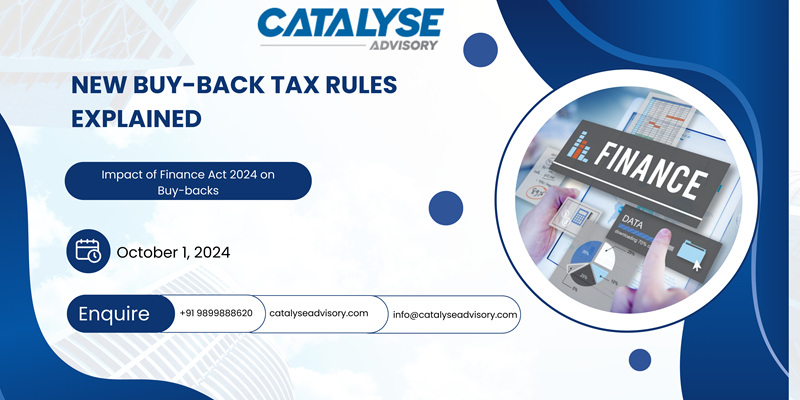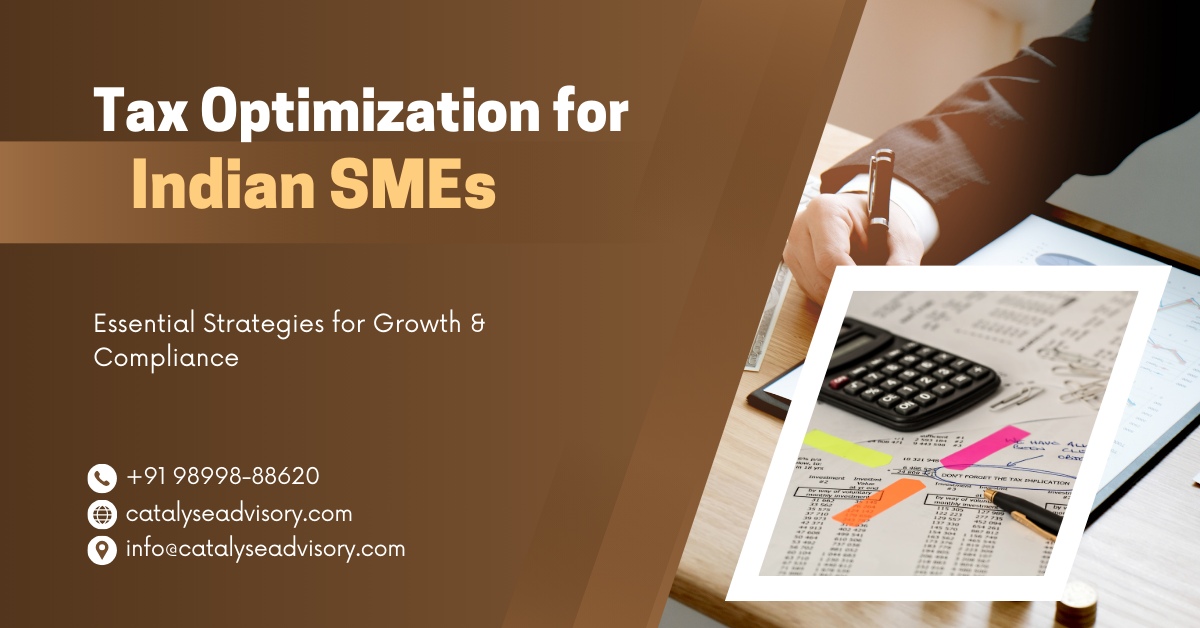How Digital Transformation is Shaping Taxation in India
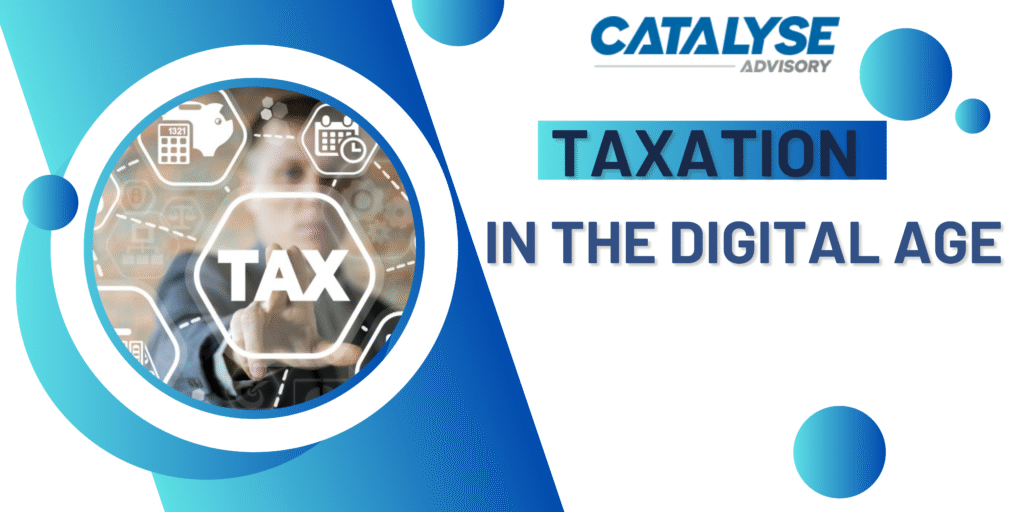
Introduction
India’s taxation landscape is undergoing a significant transformation, driven by emerging technologies such as Artificial Intelligence (AI), blockchain, and automation. These innovations are not only reshaping the way tax compliance is managed but are also influencing tax planning and administration in unprecedented ways. The 2024 budget session has further accelerated this shift, with new regulations and policies designed to leverage digital tools for a more efficient and transparent tax system. This article delves into how digital transformation impacts taxation in India, providing actionable insights for businesses and entrepreneurs.
The Digital Transformation of Taxation
1. The Role of AI in Taxation
Artificial Intelligence (AI) has become a game-changer in taxation. The ability of AI to process vast amounts of data with high accuracy is revolutionizing how tax compliance and planning are conducted. In India, AI is being utilized in various aspects of taxation, including:
-
- Automated Tax Filing: AI-powered tools are making tax filing more efficient by automatically categorizing expenses, generating tax forms, and even filing returns. These tools reduce the likelihood of errors and ensure compliance with the latest regulations.
-
- Tax Audits and Assessments: AI is also playing a crucial role in tax audits and assessments. By analyzing patterns in tax data, AI can identify discrepancies and potential tax evasion, enabling tax authorities to focus on high-risk cases.
-
- Predictive Analytics: AI-driven predictive analytics is helping businesses forecast their tax liabilities and plan accordingly. This allows for better cash flow management and strategic financial planning.
2. Blockchain Technology and Tax Transparency
-
- Secure Record-Keeping: Blockchain’s decentralized ledger ensures that tax records are secure and tamper-proof. This reduces the risk of fraud and enhances the credibility of the tax system.
-
- Smart Contracts: Smart contracts on blockchain are automating tax payments and refunds. These self-executing contracts ensure that taxes are paid accurately and on time, without the need for intermediaries.
- GST Compliance: Blockchain is also being used to streamline Goods and Services Tax (GST) compliance. By linking all transactions on a blockchain network, it becomes easier to track the movement of goods and services, ensuring that GST is correctly calculated and paid.
3. Automation in Tax Administration
Automation is at the forefront of India’s digital transformation in taxation. By automating repetitive tasks, tax authorities and businesses can save time and reduce the potential for human error. Key areas where automation is making an impact include:
-
- e-Invoicing: The introduction of e-invoicing under the GST regime is a prime example of automation in tax administration. e-Invoicing ensures that all invoices are automatically reported to the GST Network (GSTN), reducing the chances of tax evasion and simplifying the filing process.
-
- Automated Tax Notices: Tax authorities are now using automated systems to issue tax notices and reminders. These systems can track compliance in real time and send notifications to taxpayers who are at risk of missing deadlines.
-
- Robotic Process Automation (RPA): RPA is being used to handle routine tax processes, such as data entry and reconciliation. This allows tax professionals to focus on more strategic tasks, such as tax planning and advisory.
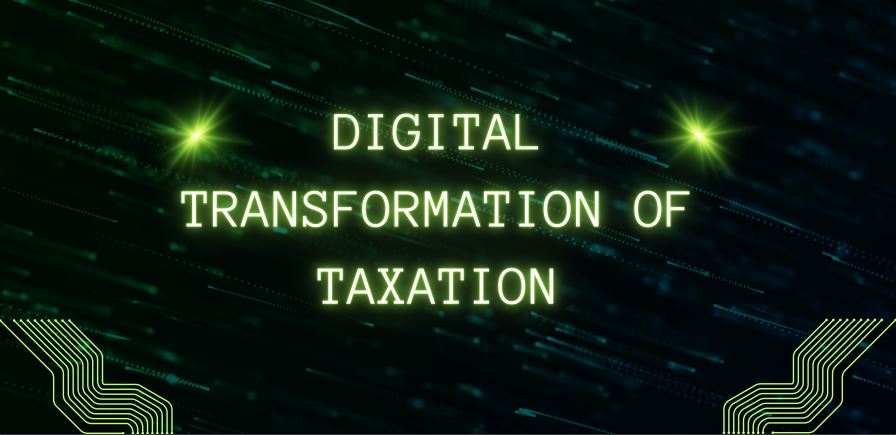
Impact of the 2024 Budget on Digital Taxation
The 2024 budget session introduced several key measures to further digitize the tax system in India. These measures are aimed at improving compliance, reducing the tax gap, and making the tax system more taxpayer-friendly. Some of the notable changes include:
1. Enhanced AI and Data Analytics Capabilities
The government has allocated significant funds to enhance AI and data analytics capabilities within the Income Tax Department. This investment is expected to improve the accuracy and efficiency of tax assessments and audits, reducing the time taken to resolve disputes and issue refunds.
2. Blockchain-Based GST Reconciliation
To address the challenges of GST reconciliation, the government is piloting a blockchain-based solution that will automatically reconcile GST returns with invoices. This will ensure that businesses pay the correct amount of tax and reduce the risk of errors in GST filings.
3. Expansion of e-Invoicing to SMEs
The budget also announced the expansion of the e-invoicing mandate to small and medium-sized enterprises (SMEs). By bringing SMEs into the e-invoicing fold, the government aims to improve tax compliance across the board and reduce the informal economy.
Challenges and Opportunities for Businesses
While digital transformation presents numerous opportunities for businesses to improve their tax compliance and planning, it also comes with its own set of challenges. Businesses need to adapt to these changes to remain competitive and compliant.
1. Adapting to New Technologies
One of the biggest challenges for businesses is adapting to new technologies such as AI and blockchain. This requires significant investment in technology infrastructure and training for employees. However, businesses that successfully adopt these technologies will benefit from improved efficiency and accuracy in tax compliance.
2. Data Security and Privacy Concerns
As businesses increasingly rely on digital tools for tax compliance, data security and privacy have become major concerns. Ensuring that sensitive financial information is protected from cyber threats is crucial. Businesses must invest in robust cybersecurity measures to safeguard their data.
3. Navigating Regulatory Changes
The rapid pace of regulatory changes in the digital taxation space can be overwhelming for businesses. Staying up-to-date with the latest regulations and ensuring compliance can be challenging, especially for small businesses with limited resources. However, staying informed and seeking professional advice can help businesses navigate these changes effectively.
Actionable Insights for Entrepreneurs
For entrepreneurs and startups, navigating the complexities of digital taxation in India can be particularly daunting. However, by following these best practices, businesses can stay compliant and capitalize on the opportunities presented by digital transformation.
1. Invest in Digital Tax Tools
Investing in AI-powered tax tools can streamline compliance processes and reduce the risk of errors. These tools can automate tasks such as tax filing, invoice reconciliation, and predictive tax planning, freeing up time for entrepreneurs to focus on growing their businesses.
2. Stay Informed on Regulatory Changes
Keeping abreast of the latest developments in digital taxation is crucial for staying compliant. Entrepreneurs should regularly review updates from the Income Tax Department and the GST Council and seek professional advice if needed.
3. Focus on Data Security
Given the increasing reliance on digital tools for tax compliance, entrepreneurs must prioritize data security. This includes implementing strong cybersecurity measures and regularly auditing systems to ensure they are secure.
4. Collaborate with Tax Professionals
Digital transformation in taxation requires a deep understanding of both technology and tax regulations. Collaborating with tax professionals who are well-versed in digital taxation can help entrepreneurs navigate the complexities and ensure compliance.
Conclusion
The digital transformation of India’s taxation system is reshaping how businesses approach tax compliance and planning. Emerging technologies such as AI, blockchain, and automation are driving this change, offering new opportunities for efficiency and accuracy. However, businesses must also navigate the challenges that come with these innovations, including adapting to new technologies, ensuring data security, and staying compliant with rapidly evolving regulations. By staying informed, investing in the right tools, and seeking professional advice, entrepreneurs can successfully navigate the complexities of digital taxation and position their businesses for long-term success.

